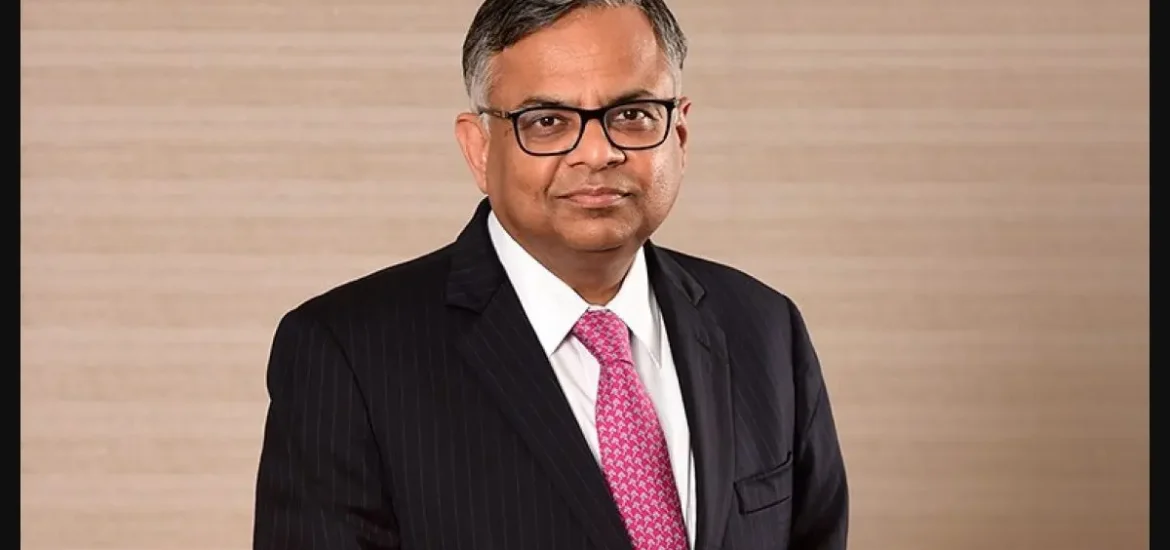
In a notable move, N Chandrasekaran, the distinguished Chairman of Tata Sons, has voiced a compelling call for the regulation of generative artificial intelligence (AI). This call resonates as a significant step towards addressing the ethical and societal implications intrinsic to this technology. Yet, the imperative of maintaining an equilibrium that nurtures innovation, while concurrently mitigating potential adversities, remains paramount.
Amidst the backdrop of an era dominated by unprecedented technological strides, artificial intelligence (AI) has unequivocally emerged as a transformative juggernaut, reshaping diverse industries and the very fabric of societies. As AI systems continue to elevate their sophistication, the urgency for effective governance has intensified markedly. N Chandrasekaran’s clarion call to regulate generative AI reverberated at the prestigious B20 Summit curtain raiser event.
Chandrasekaran articulated, “Generative AI embodies immense potential. Its capabilities hold sway not only over commercial landscapes but also societal domains. Nevertheless, prudent regulation is imperative to guide its trajectory.”
Generative AI, nestled within the broader realm of artificial intelligence, encompasses systems endowed with the capacity to fabricate human-like content spanning textual, visual, and auditory dimensions. Recent strides in this arena, notably epitomized by models such as GPT-3 and its evolutionary successors, have unshrouded the remarkable prowess of generative AI. These systems orchestrate the synthesis of lifelike content, emulate human discourse, and even engender innovative artistic creations.
Yet, the fulcrum of this advancement teems with ethical considerations and accountability. As generative AI progressively permeates diverse sectors, apprehensions regarding its ethical application, susceptibility to misuse, and reverberations across industries have attained prominence.
Chandrasekaran’s exhortation underscores the legitimacy of these concerns. Simultaneously, he underscores the need for an astutely crafted regulatory framework that tempers potential repercussions without curbing the momentum of innovation and progress.
Disclaimer: The views, suggestions, and opinions expressed here are the sole responsibility of the experts. No Info Streamline journalist was involved in the writing and production of this article.


